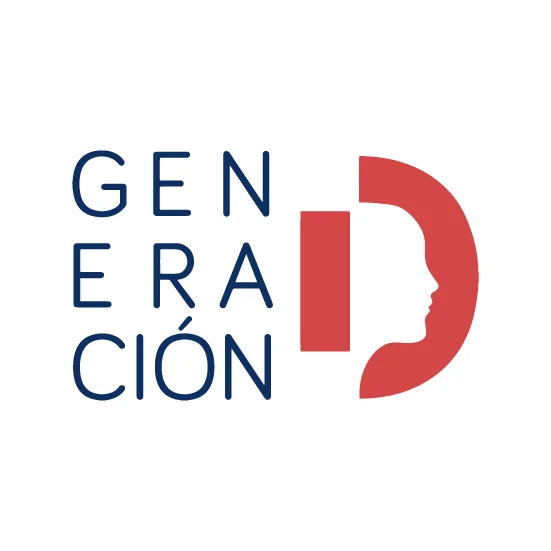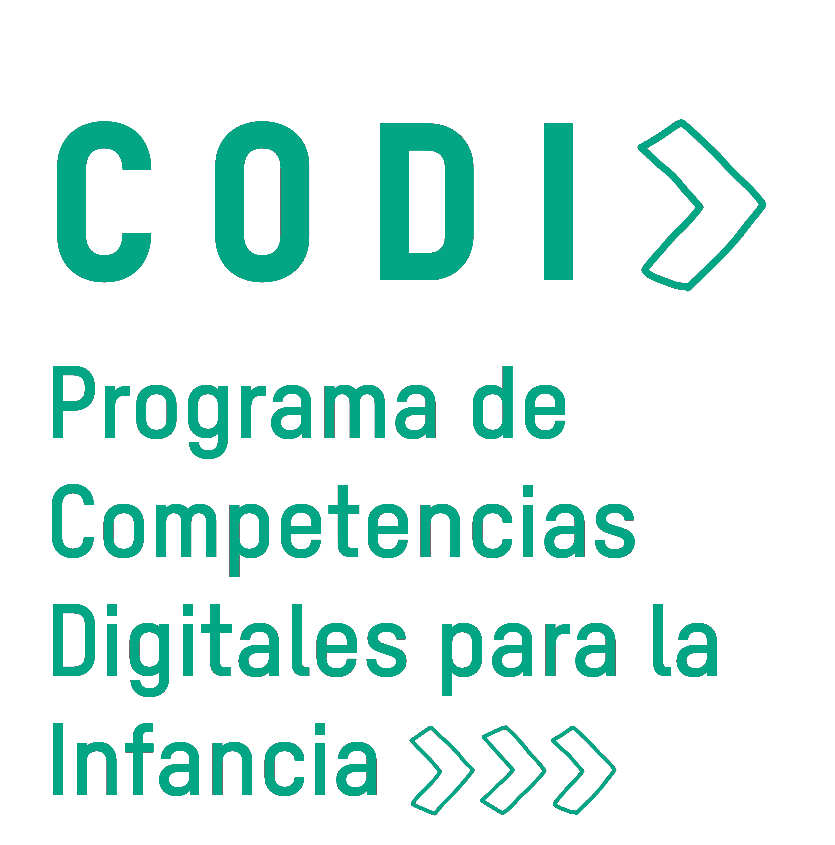The digital transition requires the development of basic digital skills among citizens, with the aim of ensuring that everyone can interact, shop, carry out transactions and communicate with public administrations with autonomy, sufficiency, and security.
Public action must place special emphasis on those groups that find it more difficult to acquire these skills, such as the elderly, and people with low income levels, from non-urban areas or with a low level of education, paying special attention to women in these groups.
In order to digitally empower citizens and ensure digital inclusion, a series of bottom-up initiatives will be completed through the Autonomous Communities and Local Entities, involving proximity agents to reach the most digitally excluded people (a key aspect in accordance with international best practices).
These actions prioritize the provision of basic digital skills for children and adolescents at risk of digital exclusion; and for the elderly, women and children and youth in demographic priority areas.
In addition, a network of digital training support centers will be developed (reinforcing the existing network of Mentor Classrooms and creating new centers, until reaching 1,500 digital training support centers), and campaigns will be launched to promote technological humanism.
The aim of this measure is to leave no one behind in the process of digital transformation of society and the economy, in addition to promoting technological humanism and digital culture.


Objectives
Actions
El Portal Generación D es el espacio colaborativo y abierto a la participación, para dar a conocer las iniciativas y oportunidades de adquisición, desarrollo y mejora de las competencias digitales en nuestro país. En el Portal se puede realizar un cuestionario de autodiagnóstico para conocer el nivel de competencias digitales, así como acceder a múltiples iniciativas de aprendizaje en competencias digitales puestas en marchas por las entidades públicas y privadas que ya se han unido al Pacto por la Generación D.

El programa CODI – Competencias Digitales para la Infancia-, busca garantizar la inclusión digital desde la infancia mediante el diseño de metodologías, contenidos y materiales didácticos para dotar de competencias digitales básicas a niños, niñas y adolescentes en riesgo de exclusión digital.

El Programa Reto Rural Digital consiste en ayudas para el desarrollo de programas formativos de capacitación digital en las zonas rurales, con un especial foco en los colectivos más vulnerables del medio rural.
